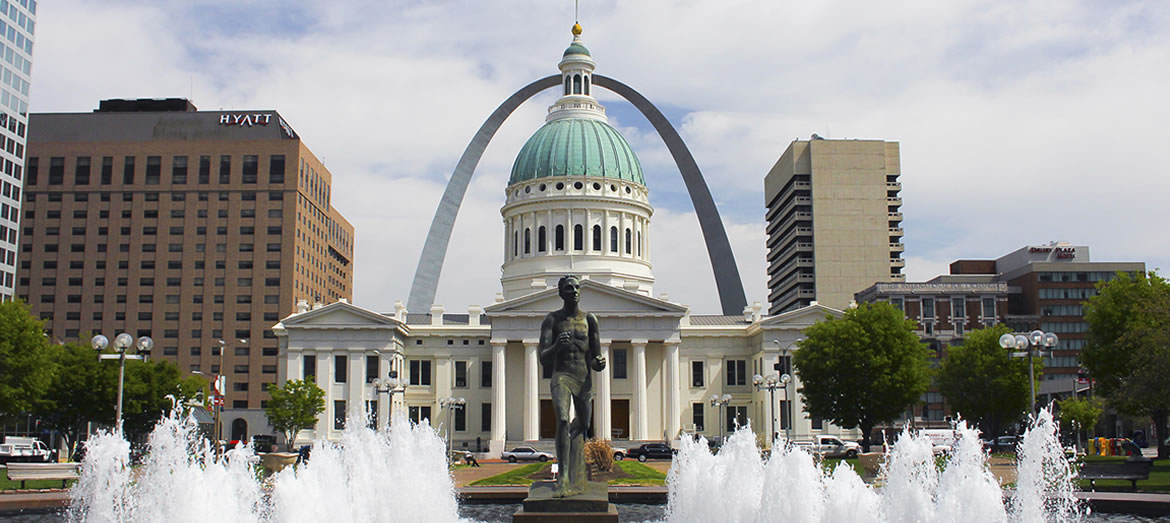December 3, 2020
CATEGORY: Visas
US court scraps Trump’s tough H-1B Visa rules
US court scraps Trump’s tough H-1B Visa rules
SPONSORING COS SCORE WIN
- The twin interim final rules were issued in early October.
- They hiked significantly wages payable to H-1Bs, made eligibility tougher.
- The US district court held govt agencies didn’t have good cause to bypass normal process of inviting public comments.
- Indians constitute the largest chunk of H-1 B visa beneficiaries.
Mumbai / Bangalore: A US district court has set aside the two recently introduced rules that stifled hiring of H-1B workers, by significantly hiking wages and restricting eligibility norms. The ruling is important from the point of view of Indians already in the US, whose H-1B applications would come up for renewal and also those aspiring to take up employment in the US.
These rules were promulgated on a fast-track basis and introduced as interim final rules in early October, without the normal procedure of inviting public comments and vetting the same — a process that can take several months.
Judge Jeffrey S White of the US district court (Northern District of California), in his order dated December 1, held that the Trump administration had failed to show there was good cause to dispense with the rational and thoughtful discourse that is provided by the Administrative Procedure Act’s notice and comment requirements.
Indians constitute the largest chunk of beneficiaries of H-1B visas. Nearly 2.78 lakh (or 72%) of H-1B visas issued or renewed during the fiscal year ended September 30, 2019 were allotted to Indians. The rule issued by the Department of Labor (DOL), which came into effect from October 8, had significantly hiked the wages for H-1B workers and employment-based green card holders by 40% to 100%.

The DHS rule will now not go into effect on December 7. Further, the DOL rule that went into effect October 8 is now no longer in effect.
The other rule issued by the Department of Homeland Security (DHS), which was to come into effect from December 7, had laid out more restrictive eligibility norms for H-1B visa by creating narrow definitions of employer-employee relationship and speciality occupations. This would have led to a spike in the rate of rejection of H-B application. The DHS rule had also curtailed the tenure of the visa to one year, in case of third-party placement of the workers.
These agencies had justified expedited implementation of the rules on the grounds that a fast track was necessary to support American workers owing to the adverse economic fall out of the Covid-19 pandemic. Three lawsuits were filed across district courts in the US. This case relates to the lawsuit filed by the Chamber of Commerce of the USA, The Bay Area Council, Stanford University, and several other educational institutions and trade associations.
The DHS rule will now not go into effect on December 7. Further, the DOL rule that went into effect October 8 is now no longer in effect. However, the possibility of an appeal cannot be ruled out. Mitch Wexler, California-based partner at Fragomen, a global immigration law firm, told TOI, “Ruling on summary judgment, the district court found that the agencies did not have good cause to bypass notice and comment rule-making procedures in violation of the Administrative Procedures Act. The judgment immediately invalidates the rules. However, the government is expected to appeal the decision, in an expedited manner.”
Nasscom, which had submitted comments on behalf of its member companies and had sought for rescinding the interim final rules, has welcomed the court order. In its statement, it said that various studies have shown that the H-1B programme plays an essential role in helping US enterprises secure skill sets that they cannot find locally and that these high-skilled employees provide tremendous benefit to their employers and the US as a whole. Even during the height of the unemployment spike this year created by the Covid-19 pandemic, unemployment in the IT sector remained extremely low going from 3% in January 2020 to 3.5% in September 2020.
